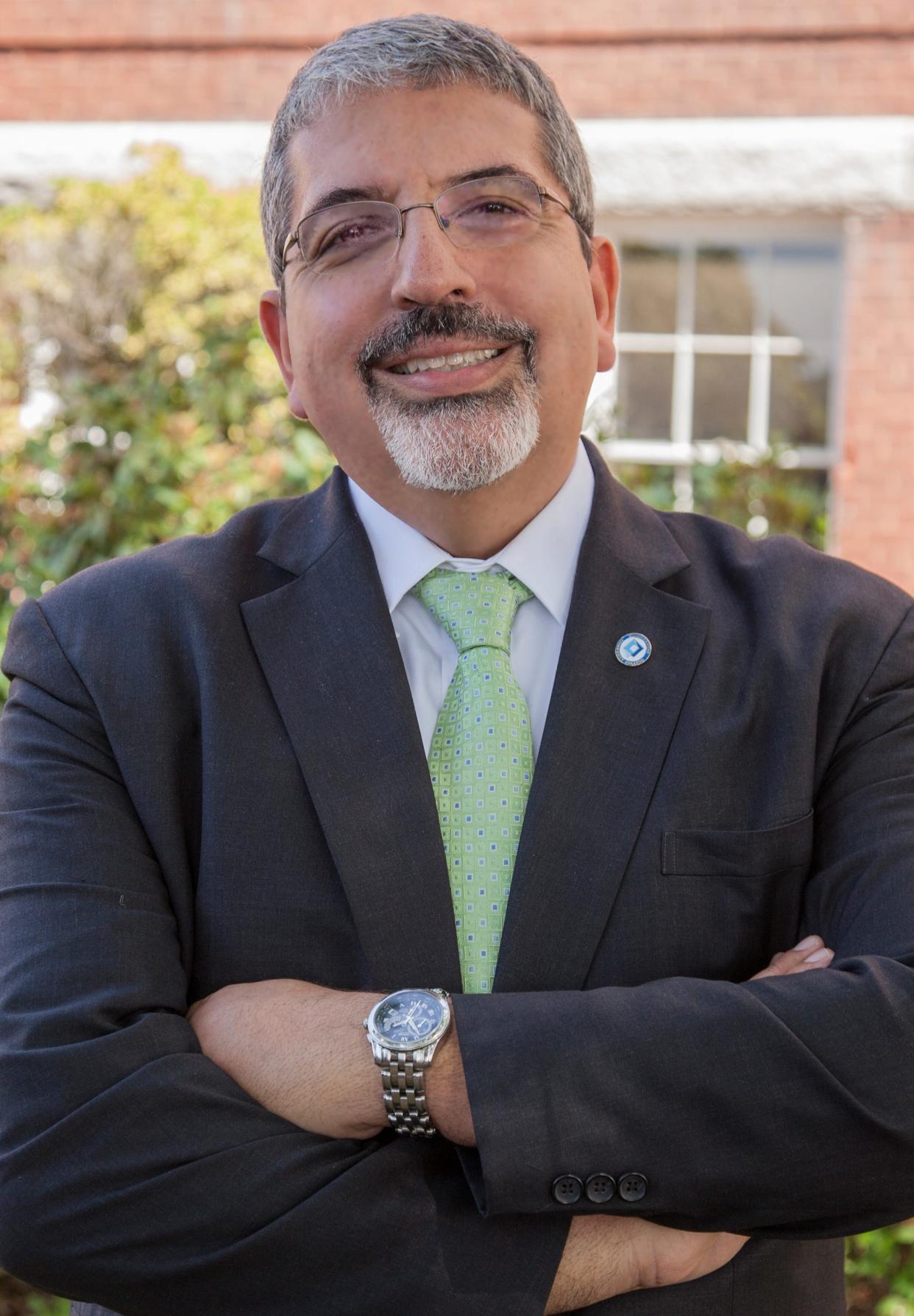Luis G. Pedraja: The importance of Hispanic Heritage Month to our youth

Hispanic Heritage Month is a celebration from Sept. 15 to Oct. 15 that commemorates and spotlights the histories, cultures, and contributions Hispanics have made to the United States and the rest of the world. What began as a weeklong celebration in 1968 under President Lyndon Johnson was enacted into law in 1988, becoming a month’s worth of recognition of the historic presence of Hispanic and Latinx people in North America, and the contributions they have made to the fabric of our nation.
Last year I was honored to be the keynote speaker at the UMass Chan Medical School and the Diversity & Inclusion Office celebration of “Esperanza: A Celebration of Hispanic Heritage and Hope,” in honor of Hispanic Heritage Month. Honoring and reflecting on the heritage and contributions of Hispanic and Latinx American citizens in this country is very personal for me, and one that I spoke about candidly during last year’s event.
My life in this country began as a young boy who moved into a low-income inner-city Miami neighborhood from Cuba. As a child, I had thought America was a mythical place across the water filled with wonders and opportunities where dreams would come true. I soon realized that for many the barriers were insurmountable, that not all were welcome and that many were not treated equitably. Not only was there a language barrier but there was also a prejudice that made me question my place in this country. I came here belonging and not belonging. In a country that loves our food, music and culture, our people are not always welcome and often viewed as outsiders and a threat.
Yet my parents wanted a better life for me, and bringing me to the United States afforded more opportunities like a quality education. My parents instilled in me the importance of education. They reminded me that regardless of the hardships or discrimination I endured, education was something that could never be taken from me. Education was a way to rise up and break down the barriers of systemic racism.
I talked about all this in that keynote address I made a year ago. Higher education enabled me to succeed and persevere, but the unjust socioeconomic issues my family and I faced when we came to this country continue to plague our society.
According to the U.S. Census Bureau (July 2021), people of Hispanic and Latino origin make up the nation’s largest ethnic or racial minority and are 18.9% of the nation’s total population. Yet our community still struggles to have a seat at the table. In Massachusetts, Hispanic/Latinxs still lag behind in educational attainment, face housing and employment discrimination, and have higher rates of incarceration – all which led to Massachusetts being ranked the worst state for Latinx in the nation just before the pandemic. Equity and inclusivity remain elusive; however, there are signs of positive change.
As we celebrate the contributions of Hispanic and Latinx Americans who have enriched and enhanced our society this year, I cannot help thinking of a few of Worcester’s Hispanic and Latinx leaders such as Dr. Matilde Castiel, Worcester’s commissioner of health and human services; Gladys Rodriguez-Parker, senior district representative for U.S. Rep. James McGovern; and Mary Jo Marion, assistant vice president for urban affairs and the Latino Education Institute at Worcester State University. These powerful women have brought a voice of hope and empowerment to the Hispanic/Latinx community that emanates throughout the state. They have made a difference that has benefitted our community as a whole.
Today, Worcester is seeing other Hispanic/Latinx Americans step into leadership roles. Recently Eric Batista was named acting city manager, the first Hispanic/Latinx person to hold this senior position in Worcester government. Batista came to this country from Puerto Rico as a young boy and attended Worcester Public Schools before becoming the first in his family to attend college. In 2012, he began serving as a project manager under then-City Manager Michael O’Brien, working with area youth.
In late April, the Worcester School Committee unanimously named Rachel Monárrez as the new superintendent of Worcester Public Schools. Monárrez has a long and storied background as an educator and has dedicated her career to social justice and equity for all students. With 43.1% of Worcester Public School students identifying as Hispanic or Latino, choosing Monárrez is a powerful statement to a community that has so often been marginalized.
We must pave the way for future generations to believe that they can be anything and do anything just as these amazing Hispanic/Latinx men and women.
On Oct. 19, Quinsigamond Community College will host the 37th Hispanics Achieving and Celebrating Excellence Youth Awards. This annual event recognizes the achievements of young people of Hispanic heritage in such areas as academics, arts, athletics, community service, leadership and political/civic engagement. There young people will have a chance to share their experiences and see and hear about those in the community making positive change.
Then, perhaps a story such as my upbringing will be a thing of the past, as we move into a more inclusive future - one of hope, one of promise and one of equity.
Luis G. Pedraja is president of Quinsigamond Community College in Worcester.
This article originally appeared on Telegram & Gazette: Luis G. Pedraja on importance of Hispanic Heritage Month

